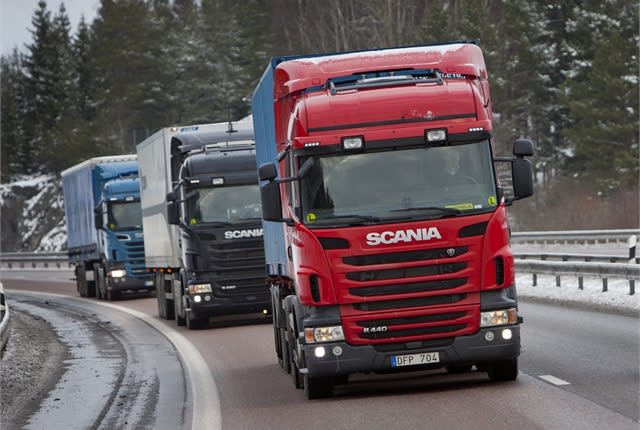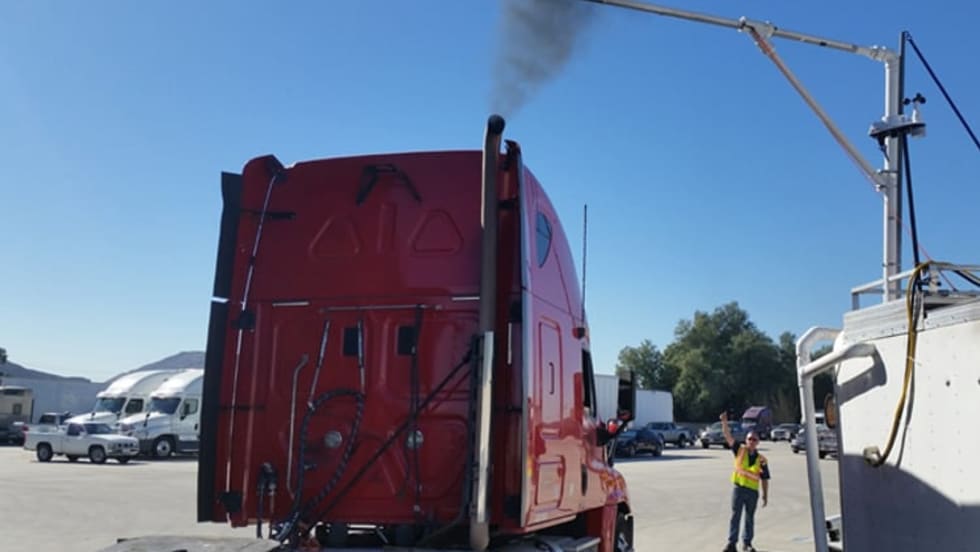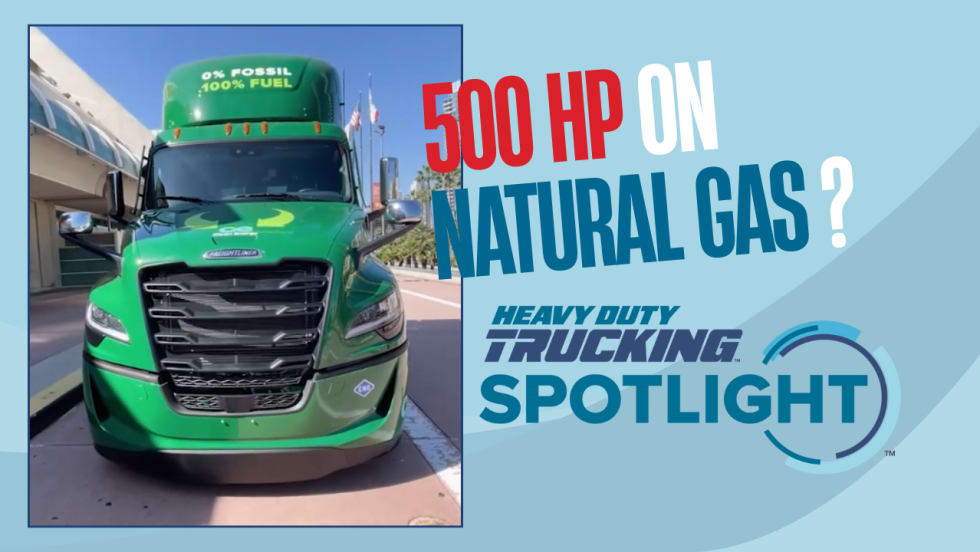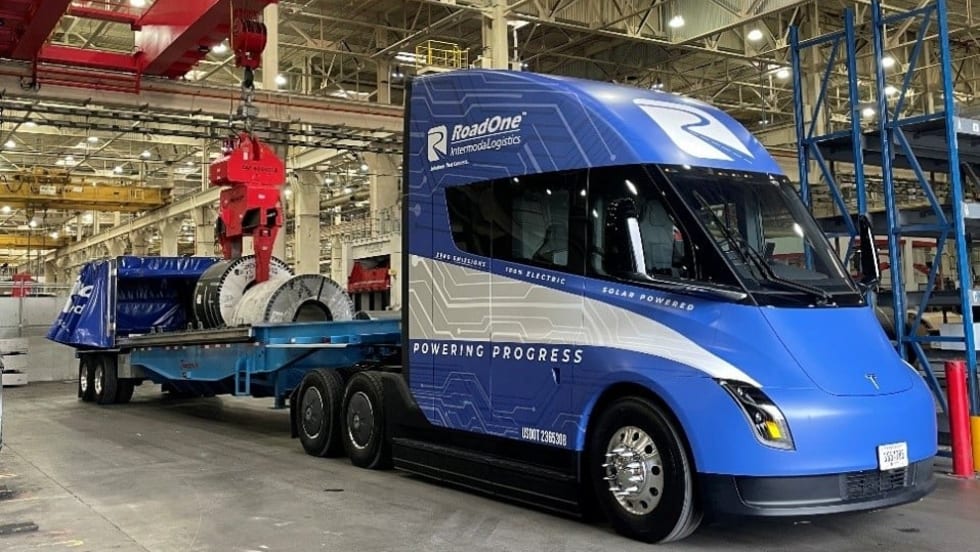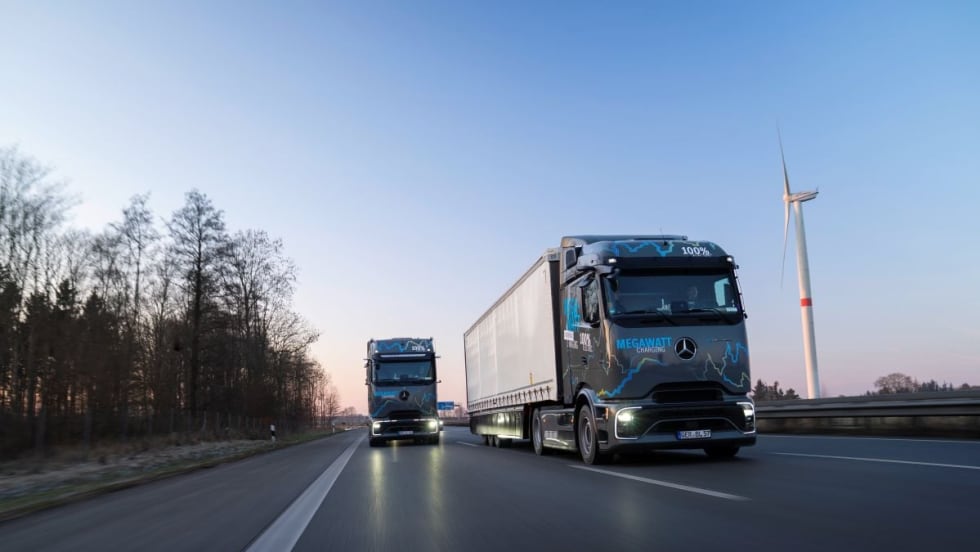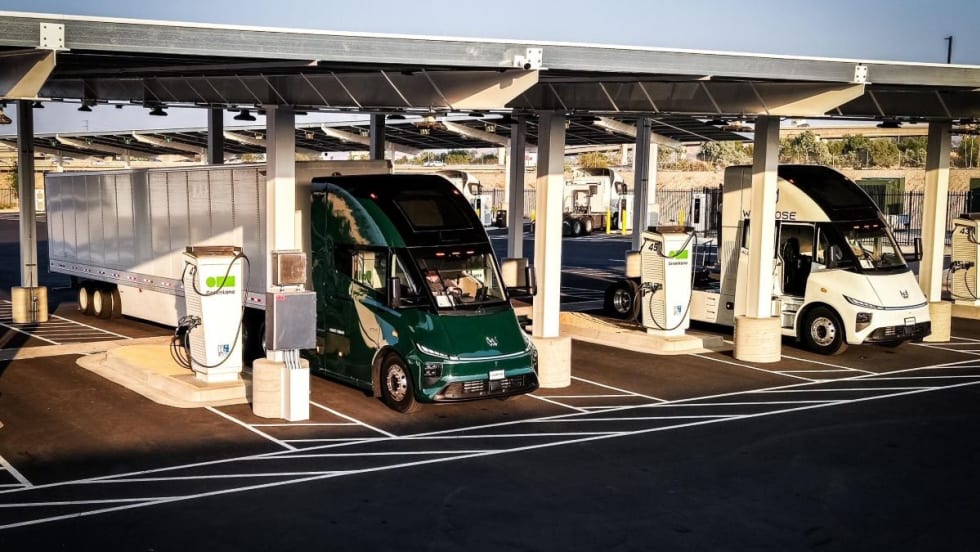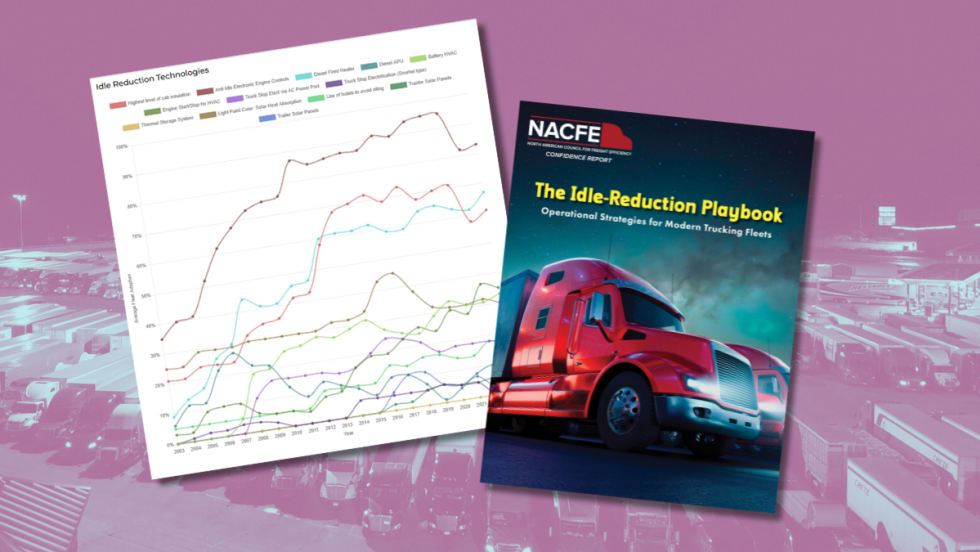The European Union aims to reduce CO2 emissions by 30% in just 12 years through the federation’s first proposed CO2 emissions standards.
The proposed standards must be approved by individual EU member governments and the European Parliament. The E.U. previously had no overall regulations on fuel economy or CO2 emissions, but after agreeing to join the Paris Climate Agreement, it set a goal of a 40% reduction in overall greenhouse gas emissions by 2030.
Similar to EPA regulations in the U.S., a large part of the strategy to achieve these emissions goals was to set stringent standards for transportation, particularly the heavy-duty commercial sector, which accounts for a quarter of CO2 vehicle emissions in the E.U.
But some see the proposal as too aggressive.
The European Automobile Manufacturer’s Association (ACEA), which represents seven major EU heavy-duty vehicle manufacturers, has applauded the effort to reduce emissions, with targets set for 2025 and 2030. However, the group said it believes the goals are too ambitious and do not provide adequate time for development of heavy-duty trucks that can meet these standards.
“It would seem as though the Commission has simply taken the exact CO2 reduction levels it already proposed for cars and vans, and applied them directly to heavy-duty vehicles, without fully recognizing the fundamental differences between these vehicle segments,” said Erik Jonnaert, ACEA secretary general.
The International Road Transport Union, a group that represents the global road transport industry, also put its support behind the CO2 emissions standard and goals in theory. But the IRU also said that it was important that clean technologies not drive up vehicle prices beyond what operators can afford.
“The road transport industry will continue its exemplary efforts to make its operations more sustainable and efficient. New technologies must be commercially viable for the sector and sufficient time to transition needs to be accounted for,” said Matthias Maedge, who leads IRU’s work in the E.U.




